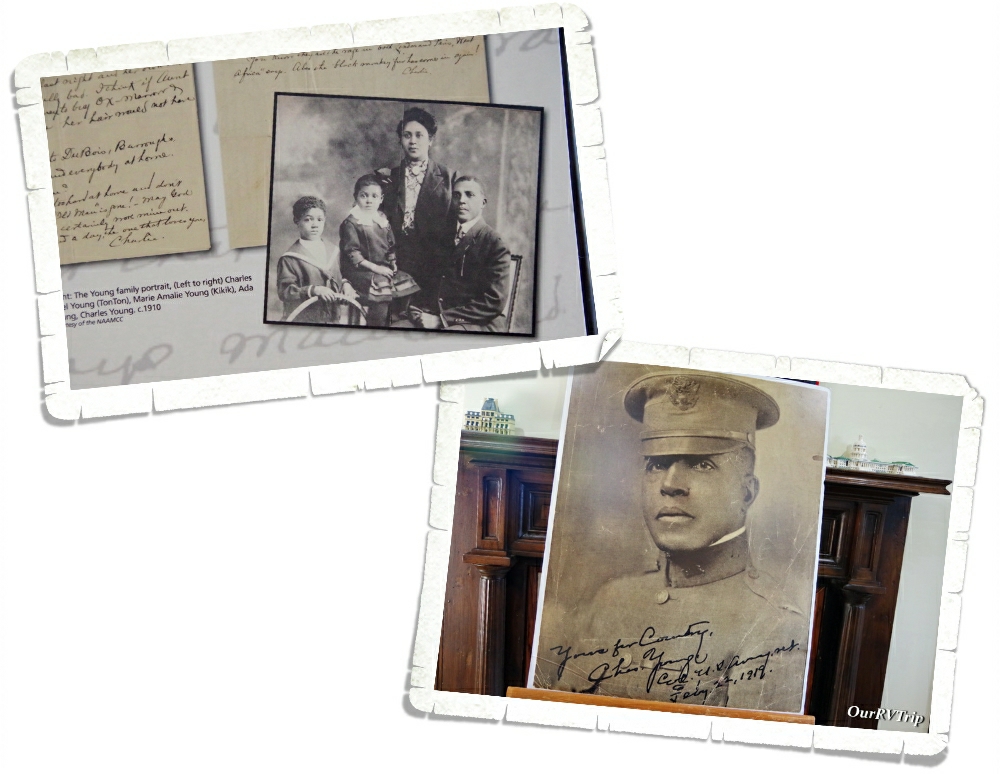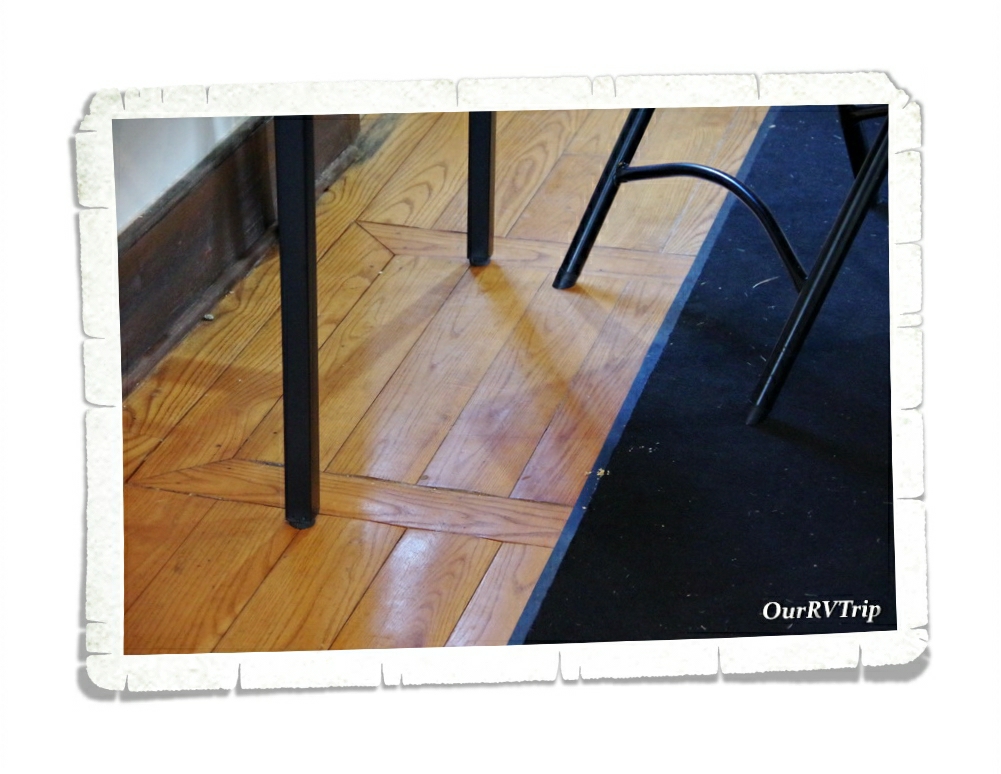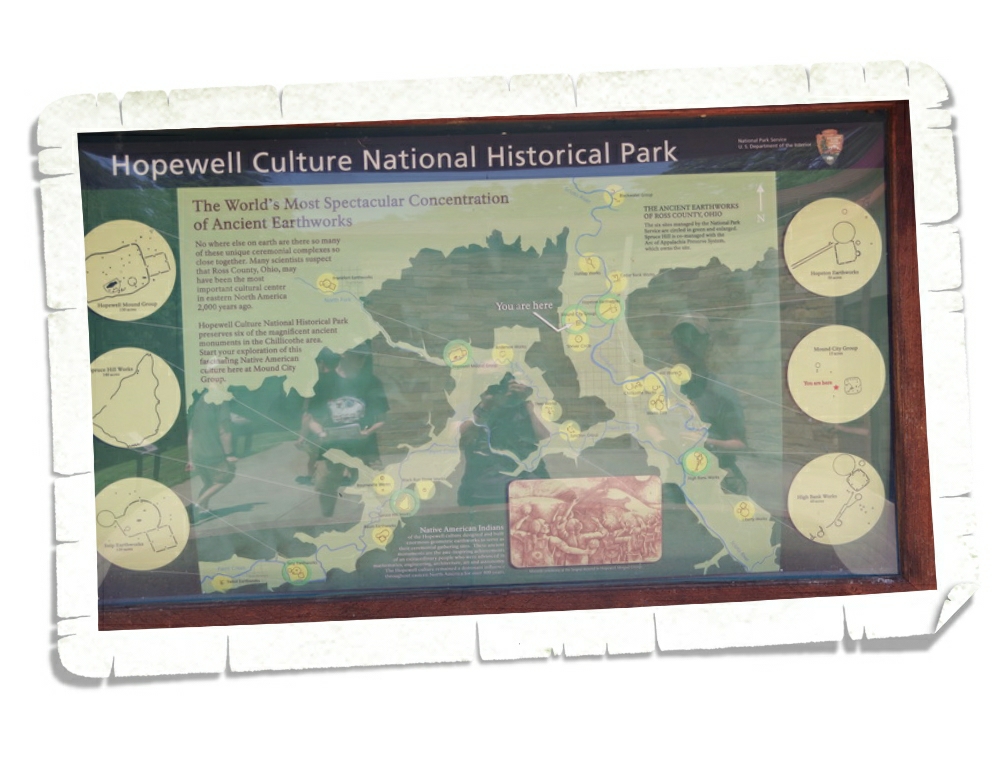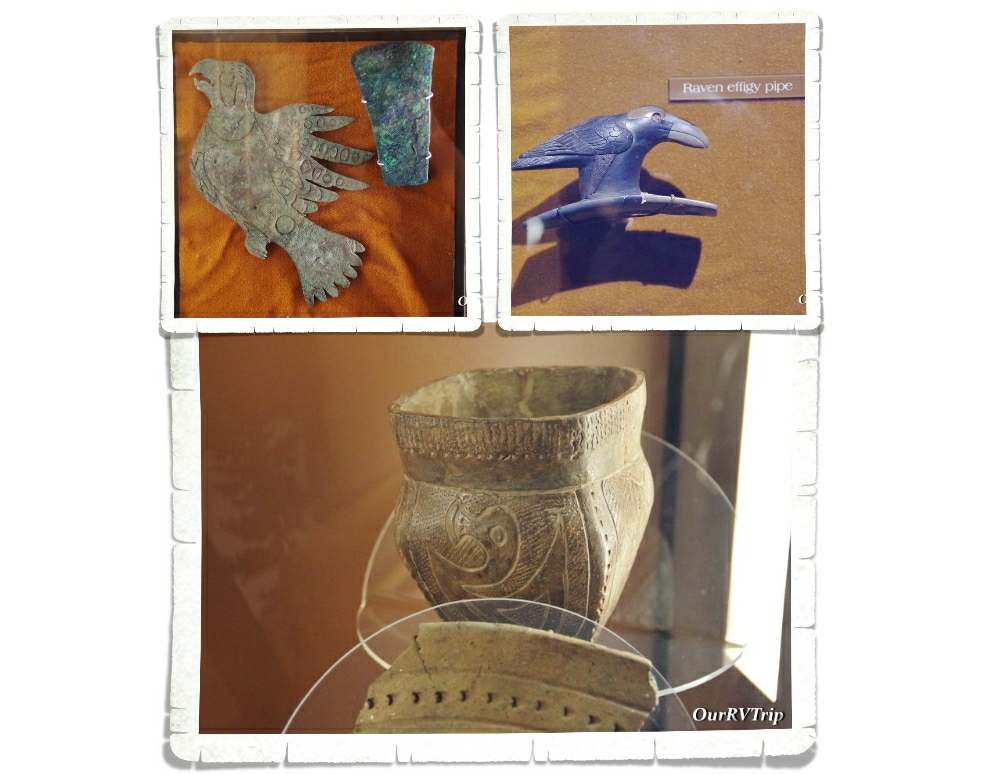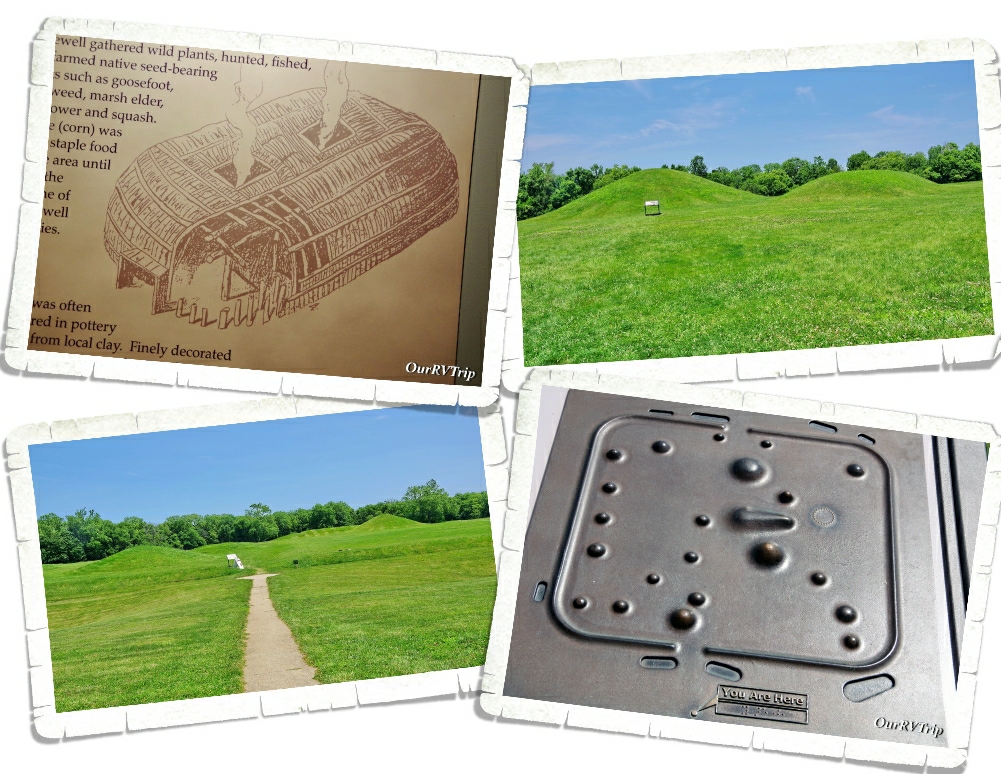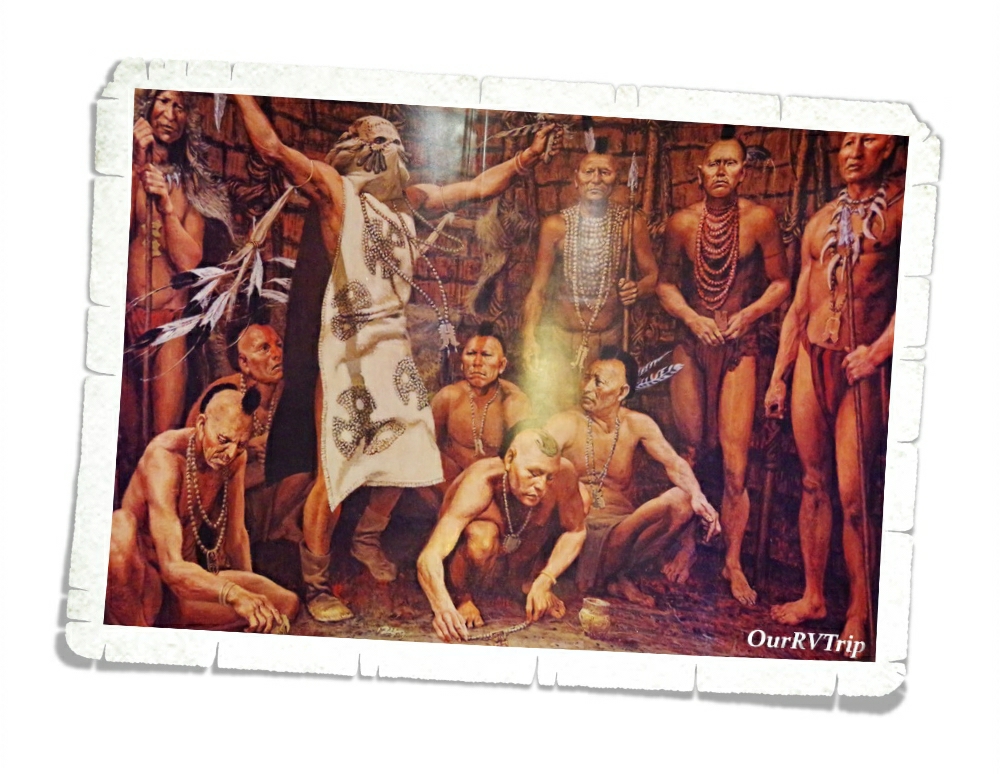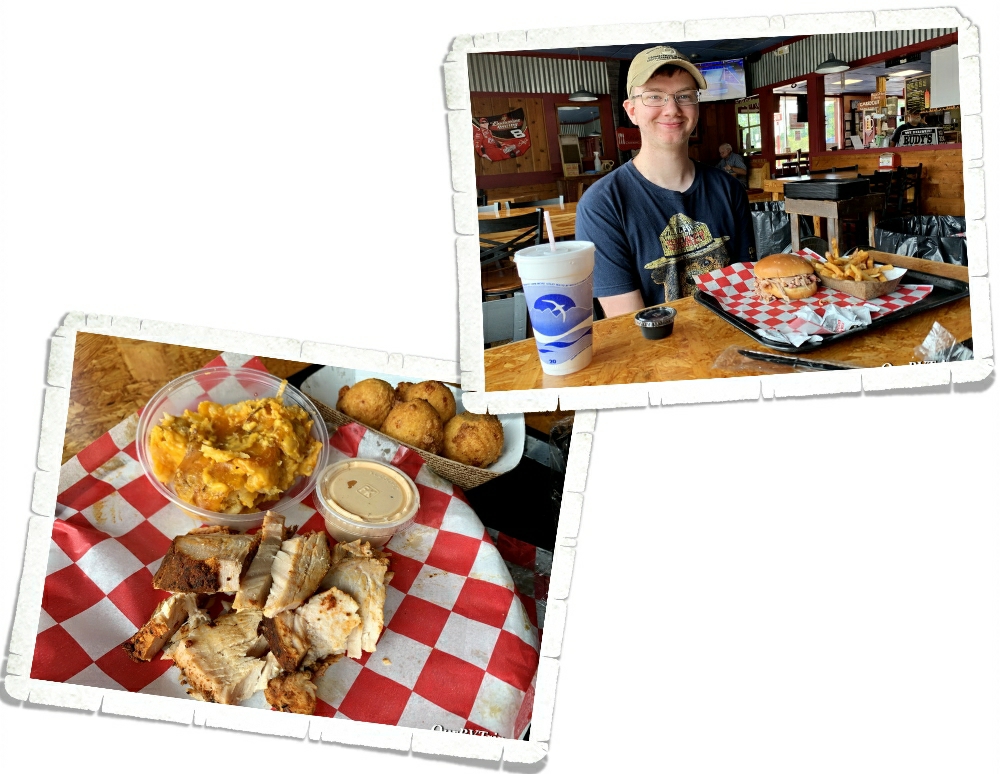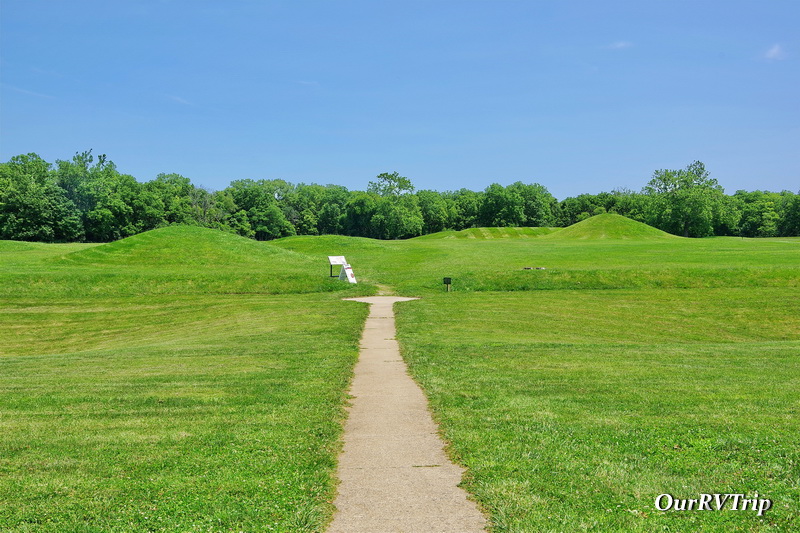
Here We Go Again!
Hey Guys!! Here we go again! We’re off on our last adventure loop of the year and heading East again. Our first official stop on this loop is in Virginia, but that’s a really long drive from the southwest corner of Missouri. We had two long drive days and ended up in West Charleston, Ohio for six nights. Everyone has their own driving schedule. We like to keep our drive days down to under 400 miles and we’ll grudgingly do two in a row before we stop for at least a week. We don’t do it often and all of us pretty much hate the big long jumps…but sometimes we do them so we can spend more time in a certain area.
I try to pick our stop offs…those six nights we have to stay put to do work and school…based on what’s in the area. This area actually had a few different NP Units we could potentially visit. We made it to two in the six days we had!
Over the years, we’ve seen Buffalo Soldiers mentioned at other National Parks, but had never seen a Unit devoted to them. Charles Young Buffalo Soldiers National Monument is new to the NPS and it’s in the process of getting officially set up with a visitor center/gift shop…but you can still visit and learn.
Charles Young Buffalo Soldiers National Monument was brought into the NPS in March of 2013 and pays tribute to the life and legacy of Charles Young. Born to two slaves in 1864, Charles started his life out with the cards stacked against him. His parents fled to a free Ohio when he was still an infant where his dad enlisted in the 5th US Colored Heavy Artillery Regiment. Education was important to Charles’ parents so they encouraged him to go to school and get the best education he could. Young always did the absolute best he could at whatever task he was given throughout his life. He was the third African American to graduate from West Point and has a long and impressive list of accomplishments…quite a few put him as the first African American to hold a particular position within the Military and National Park Service. Charles Young was a mentor to an entire generation of African Americans who aspired to be more in so many aspects of their lives. And to be honest, his life should inspire you no matter what color your skin is. He led a life of honor and dignity and wasn’t afraid to work hard to achieve the goals he set for himself.
The National Monument consists of quite a few acres of land that they have plans to make into a walking trail and a house that Charles Young bought in 1907 while he was teaching Military Sciences & Tactics at Wilberforce University. The house was built in 1832 and was a waystation on the Underground Railroad. You can see the hatch that leads to the compartment that people would hide in while escaping on the Underground Railroad in the picture above. We were told that pre-pandemic, you could actually go down into the little space and see what it was like.
We learned a lot at this little park and highly recommend a visit.
The second NP Unit we made it to was the Hopewell Culture National Historical Park. This park is actually broken up into several different locations, but only one is open to the public right now… the Mound City Group. Hopewell Culture National Historical Park preserves ceremonial earthworks and burial mounds made by the Hopewell Culture close to 2000 years ago.
Prehistoric Hopewell Culture was primarily around between 200BC and 500AD and is characterized by their earthworks in various geometric shapes. The Hopewell culture had a large network of contacts with various other groups. Archeologists know from what they’ve found that the people of the Hopewell Culture had a network that reached from the Atlantic Coast all the way to the Rocky Mountains.
Much of the earthworks and ceremonial mounds were built on a monumental scale. It’s hard to tell from the pics…and what you’ll see at the park isn’t what was actually there…but, the earthen walls were often 12 feet high and 1000 feet across. Some of the mounds were thirty feet high. Mound City contains 23 earthen mounds. Each mound covers the remains a charnel house. After the Hopewell people cremated their dead, they burned the charnel house. The mounds are then built on top of what remains of the charnel house and special items important to that person or family were placed within the mound. Some of the items they’ve found are copper figures, projectile points, mica, pipes and shells.
Hopewell Culture National Historical Park gives invaluable insight into the complex lives of the Hopewell Culture. It’s an interesting little park and if you’re kiddo is doing the Junior Ranger programs…You can get two badges here. The park badge and a separate archeology badge.
We found a pretty good BBQ place called Rudy’s while we were in Ohio! All of the meat we had was really good and they had an impressive list of sides and sauces!
We had planned on doing one more NP Unit while we were in Ohio, but I did some research on the city it was in (I always do this) and found that there had been several shootings in or close to the neighborhood we would be in…so we decided to skip it. The boys were super bummed to miss the chance at seeing a flight museum and a couple of original Wright Brothers buildings, but safety comes first.
We started this adventure loop out fast and furious! Hopefully, we can keep with the planned loop and this whole pandemic thing doesn’t flare back up and close things again.
See Y’all down the road!
#NationalParkTour


